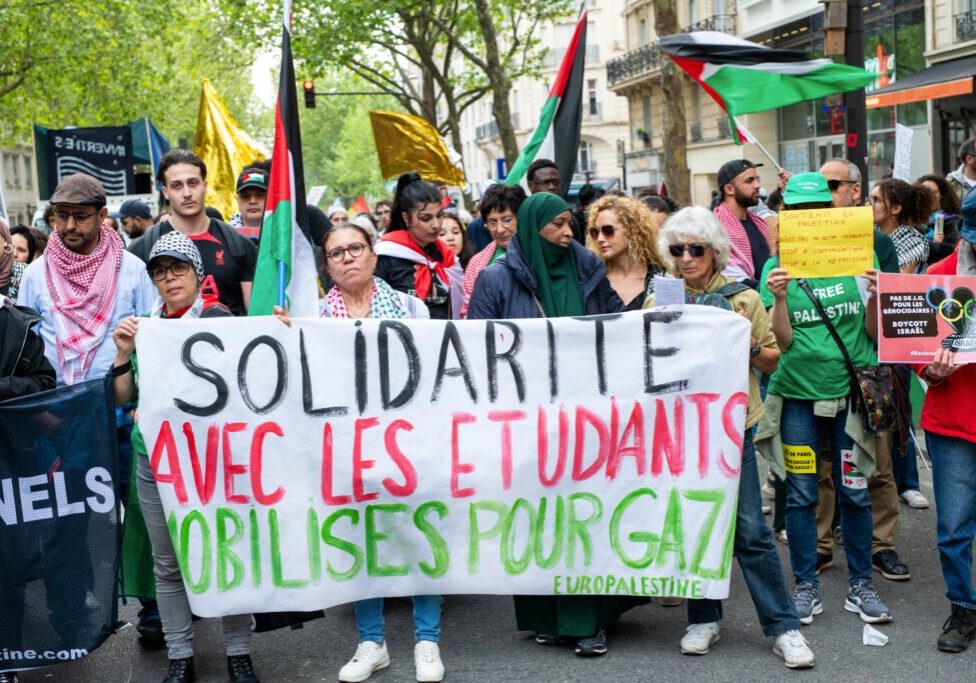Australia/Israel Review
Hamas Delusion
Jul 11, 2005 | External author
The myth of the pragmatic terrorist
By Gerald Steinberg
The wishful thinking that has long characterised European diplomacy in the Middle East has made one of its periodic ocean crossings and regained a foothold in Washington. Reflecting their eagerness to see “progress” in relations between Palestinians and Israelis, some American officials have adopted the myth of Hamas moderation.
This optimism is based on the theory that as the leaders of terrorist, liberation or revolutionary organisations gain political power, they are also forced to deal with the realities of the governing process. According to this model, these realities — providing jobs, housing, health and education, and security — require cooperation with their enemies and neighbours. And this cooperation, in turn, fosters ideological moderation, and a transition from violence to peaceful coexistence.
But like many appealing diplomatic theories, this one has a poor track record in the real world, particularly in the case of radical Islamist groups. In Afghanistan, when the Taliban took power after decades of warfare and terror, many intelligence agents and policy makers expected the extremist mullahs to become pragmatic. But instead of moderation, they converted their power into a reign of terror used to impose the most extreme form of Islam on the entire population.
The Taliban leaders never bought into the concepts of responsible government. And social services – health, education and economic development – were not high on their list of priorities. And instead of cooperation with the West, Mullah Omar and the rest of the Taliban leadership used their control over Afghanistan to provide Osama bin Laden with a safe haven and a base for operations.
The same theory was used to predict the transformation of Hezbollah from a Shi’ite terror group focused on attacking Israeli and Western targets into a political party focusing on internal Lebanese issues. But in this case as well, the hard evidence has proven stronger than the soft theory, at least in the five years since the Israeli withdrawal from southern Lebanon.
Instead of ending its terror activities and investing more in social services, Hezbollah engaged in kidnapping Israeli soldiers, the deployment of 12,000 rockets, and in providing direct support for Palestinian terror attacks. So while Hezbollah pursues political power in Lebanon in parallel with terrorism, the declarations of leaders such as Hassan Nasrallah, rejecting all disarmament proposals, appear entirely credible.
In the face of repeated failures, what accounts for the persistence of diplomacy based on wishful thinking, and the artificial dichotomy between political power and the use of terror?
In part, it is what academics (realists, at least) refer to as “mirror imaging,” in which Western diplomats project their own pragmatism and compromise onto leaders of terror groups from other cultures. The West has adopted an idealism that reflects its own history, including the tolerance resulting from the Enlightenment, and centuries of devastating religious and ideological warfare.
But from this specific experience, the intellectual and political trend-setters have attempted to universalise the process. Europeans, in particular, place themselves at the vanguard of a universal process in which religion, ideology and nationalism have lost their power of persuasion. In the place of these dark forces of primitive human nature, Europeans see pragmatism, tolerance, reconciliation and compromise as being the ascendant. So to gain aid, access and weapons, “revolutionary” leaders tell Westerners what they want to hear — that they, too, share these goals.
These factors helped push the Middle East “peace process” beginning with the secret Oslo talks and ending in disaster. Here too, wishful thinking presented an image of Yasser Arafat having made the transition from terrorist leader to pragmatic statesman seeking the best for his people. The mountain of evidence demonstrating that Arafat remained stuck in 1947 rejectionism was overlooked — it was not part of the optimistic conceptual framework.
Now, many of the same people who enthusiastically promoted Oslo are pushing for a political dialogue with Hamas, based on the likelihood that this group will take power from the corrupt and ineffectual Fatah faction. At the same time, Hamas is still planning terror attacks and continuing its rejection of the legitimacy of Israel, regardless of borders. As in Arafat’s case, Hamas supporters can reasonably conclude that, European and American anti-terror rhetoric notwithstanding, they can receive recognition and control of the aid funds for the Palestinian Authority without disarming or halting their “armed struggle.”
The disastrous consequences of this wishful thinking are twofold: First, there is the immediate failure to use leverage with Hamas, however limited, for an end to terrorism. But the long-term tragedy is reflected in the inability of Europe and America to learn from the experience in Iran, Afghanistan, Iraq and southern Lebanon, and to temper their optimism with political realism.
As a result, instead of moving toward conflict management, this mythology leads to escalation.
Tags: Europe






